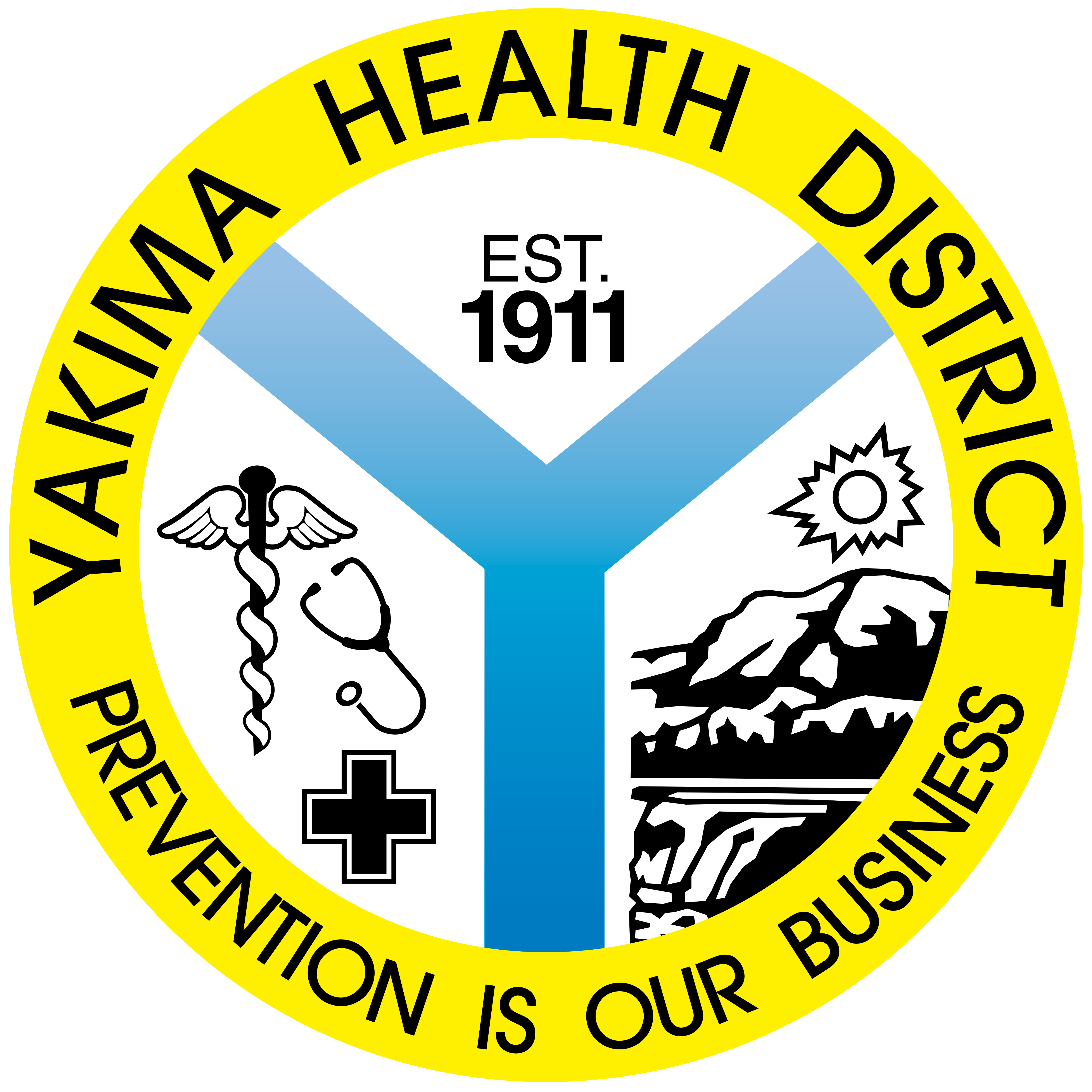
In September 2012, the Saudi Arabia Ministry of Health announced a new form of coronavirus, since named Middle East Respiratory Syndrome Coronavirus (MERS-CoV). So far all cases have been linked (by residence or travel) to countries in or near the Arabian Peninsula: Bahrain; Iraq; Iran; Israel, the West Bank and Gaza; Jordan; Kuwait; Lebanon; Oman; Qatar; Syria; United Arab Emirates (UAE); Yemen; and most often Saudi Arabia.
As of June 2017, there have been nearly 2,000 cases of MERS with at least 691 related deaths. Only two patients have ever been identified in the U.S., both healthcare workers exposed while providing care to patients in Saudi Arabia.
Although the majority of human cases of MERS have been attributed to human-to-human infections, camels are likely to be a major reservoir host for MERS-CoV. However, the exact role of camels in transmission of the virus and the exact route(s) of transmission are unknown. The virus does not seem to pass easily from person to person unless there is close contact, like providing unprotected care to a patient.
Most confirmed MERS-CoV infections have resulted in severe acute respiratory illness with symptoms including fever, cough and shortness of breath. Incubation period ranges from two to 14 days.
Providers and facilities should immediately report to the Health Department if they suspect Middle East Respiratory Syndrome Coronavirus (MERS-CoV) and institute infection control precautions (airborne, contact and standard).
Also report:
- Fever (≥ 38°C , 100.4°F) and pneumonia or acute respiratory distress syndrome; AND either
- Travel from the Arabian Peninsula or neighboring country within 14 days of onset, OR
- Close contact with a symptomatic traveler who developed fever and acute respiratory illness (not necessarily pneumonia) within 14 days after traveling from the Arabian Peninsula or neighboring country.
Washington State Public Health Laboratories can test respiratory and serum specimens for MERS-CoV by using a CDC-developed PCR assay. Call the Health Department to coordinate testing at the state public health lab.
Always use appropriate personal protective equipment (airborne precautions) when collecting clinical specimens for MERS-CoV testing. Ideally, collect respiratory specimens from two or more sites, such as a nasopharyngeal swab and a lower respiratory tract sputum, bronchoalveolar lavage, bronchial wash or tracheal aspirate. Lower respiratory samples are preferred. See CDC Interim guidelines for collection, processing, and transport of clinical specimens from patients under investigation for Middle Eastern Respiratory Syndrome (MERS) for more details.
Questions? Contact Yakima Health District at (509) 575-4040 or (800) 535-5016.
